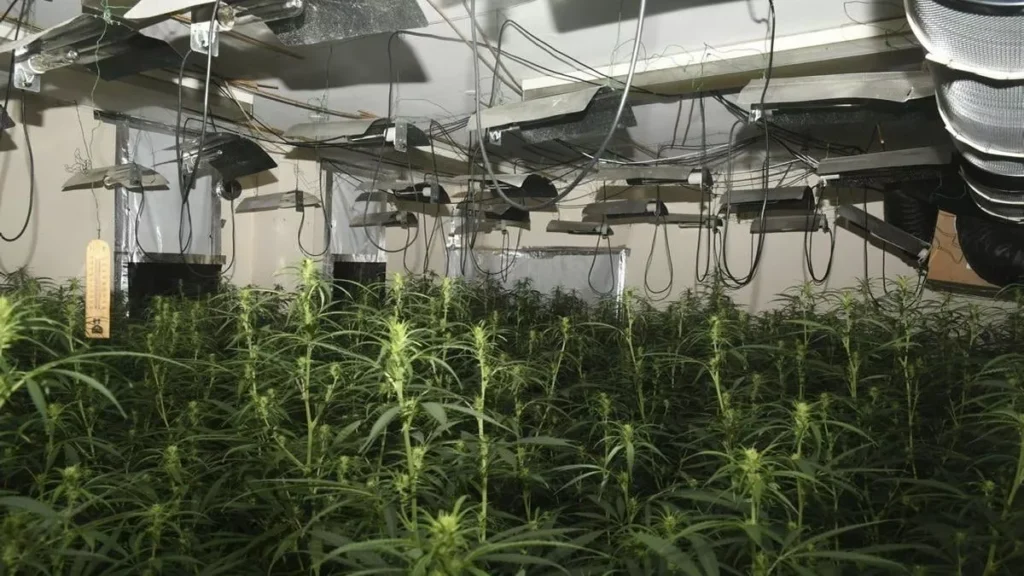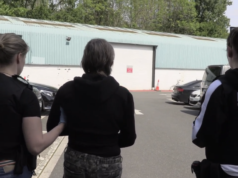Cannabis cultivation often faces challenges related to privacy and maintaining a low profile, especially in areas where it is not fully legalized. The emergence of advanced technologies has provided growers with innovative solutions to minimize suspicion and avoid detection from nosy neighbors or unwanted attention. This article explores how technology can be utilized to enhance privacy in cannabis cultivation, allowing growers to operate discreetly and without arousing suspicion.
- Indoor Cultivation Systems:
Indoor cultivation systems offer a high level of privacy and control over the growing environment. By utilizing technologies such as grow tents, hydroponic systems, and odor control systems, growers can minimize the visibility and scent of their cannabis plants. These systems are designed to be discreet and can be easily concealed within a residential setting, reducing the chances of detection. - Carbon Filters and Air Purification:
The distinct smell of cannabis plants can be a giveaway to nosy neighbors or passersby. Carbon filters and air purification systems are effective in neutralizing and removing odors associated with cannabis cultivation. These technologies capture and filter out the odorous compounds, ensuring that the surrounding air remains fresh and scent-free. By implementing these systems, growers can significantly reduce the risk of detection based on strong odors. - Security and Surveillance Systems:
To maintain privacy and security, growers can employ advanced security and surveillance systems. These systems include high-resolution cameras, motion sensors, and alarms that can be monitored remotely. By having a comprehensive security setup, growers can deter potential intruders and have peace of mind knowing that their cultivation operation is protected. - Light Control and Light Pollution Prevention:
Excessive light emitted from grow lights can attract unwanted attention, especially during nighttime. Growers can utilize light control systems that direct the light downward and prevent light pollution. Light-blocking curtains or blinds can also be used to minimize the visibility of indoor cultivation areas. By controlling light emissions and preventing light leakage, growers can operate with increased privacy and reduce the chance of suspicion. - Remote Monitoring and Automation:
Remote monitoring and automation systems allow growers to keep a close eye on their cultivation operation without physically being present. These systems enable growers to monitor environmental conditions, adjust lighting schedules, and control other factors remotely. By utilizing these technologies, growers can manage their cultivation operation discreetly and avoid arousing suspicion by reducing the frequency of their on-site visits.
Conclusion:
Technology offers a range of solutions to enhance privacy in cannabis cultivation, allowing growers to operate discreetly and avoid unwanted attention. From indoor cultivation systems and odor control to advanced security and surveillance systems, growers can minimize the chances of detection from nosy neighbors or passersby. By implementing these technologies, growers can cultivate cannabis with increased privacy, ensuring a low profile and minimizing the risk of suspicion. However, it is important to adhere to local laws and regulations to ensure compliance and avoid any legal consequences.











